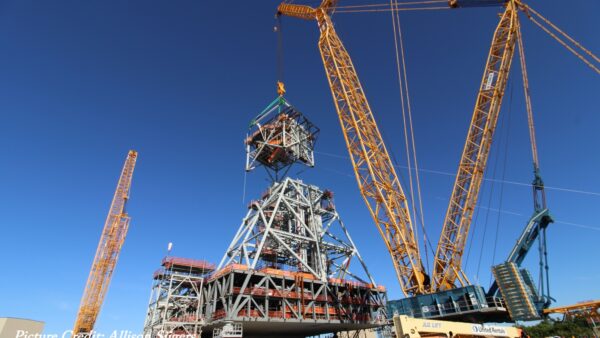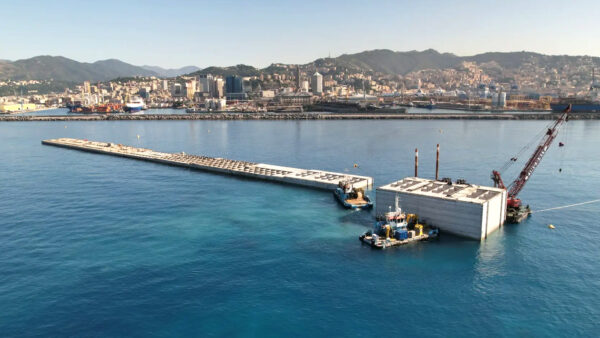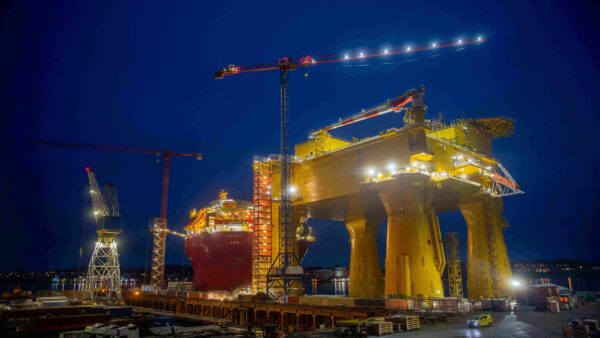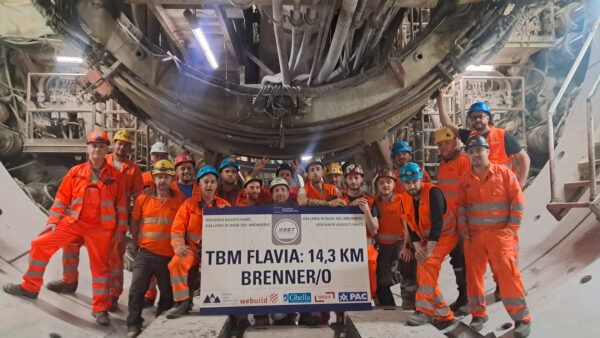The American Society of Civil Engineers (ASCE) has warned that the US will lose 2.5 million jobs and $3.9 trillion in gross domestic product (GDP) over the next 10 years unless it spends a further $1.4 trillion to improve transport, power and water infrastructure.
In a study released yesterday (“Failure to Act: Closing the Investment Gap for America’s Economic Future”), the engineering body lays out the economic and social costs that Americans will have to pay unless they remedy the country’s chronic under-investment in its infrastructure.
The society argues that the failure both to maintain existing assets and to build new ones will cost American households an average of $3,400 a year between 2016 and 2025.
The study assesses the funding gaps in each category over thenext 10 years as follows:
- Surface transportation: $1.1 trillion
- Electricity: $177bn
- Waste and wastewater: $105bn
- Airports: $42bn
- Inland waterways and ports: $15bn
- Total: $1.44 trillion
The report paints a picture of gradual deterioration in systems, which has been “diffused throughout the nation” and so has failed to alarm people and politicians.
It says that although enough money has been spent on avoiding the imminent failure of key facilities, the work left undone is imposing an increasing burden on the economy.
To illustrate its point, the study says that federal spending on highways is 23% less now than it was in 2002, and that while maintenance spending has succeeded in cutting the number of bridges and the percentage of roads that are deficient by 10% and 15% respectively, this has been at the expense of capital projects, with the result that congestion delay in urban areas has increased 36%.
It notes that water and wastewater systems are “clearly ageing”, and that investment “is unable to keep up with the need”.
It adds that after “recent events regarding lead water pipes” – a clear reference to the lead-poisoning scandal in Flint, Michigan – some have called for the replacement of more than 7.3 million lead pipelines in the country, which ASCE says would add an extra $30bn to $40bn to the $105bn unfunded gap in water infrastructure.
With electricity, the effect of underinvestment will be a greater incidence of blackouts caused by ageing equipment, capacity bottlenecks and rising demand. It notes that a short-term outage costs an industrial company up to $6,600 and that “higher costs of manufacturing associated with rising and unreliable energy delivery will affect sales by US companies in global markets by driving up production costs and sales prices”.
America, ACSE says, faces a stark choice, warning that, “the economic benefits of infrastructure investment reverberate through every sector of the economy while economic losses that come from deferred investment also become worse over time.”
Access the report here.
Image: Little signs of decay? A pothole on New York’s second avenue (David Shankbone/Wikimedia Commons)
Comments
Comments are closed.







So much for the land of plenty, hope and glory for all